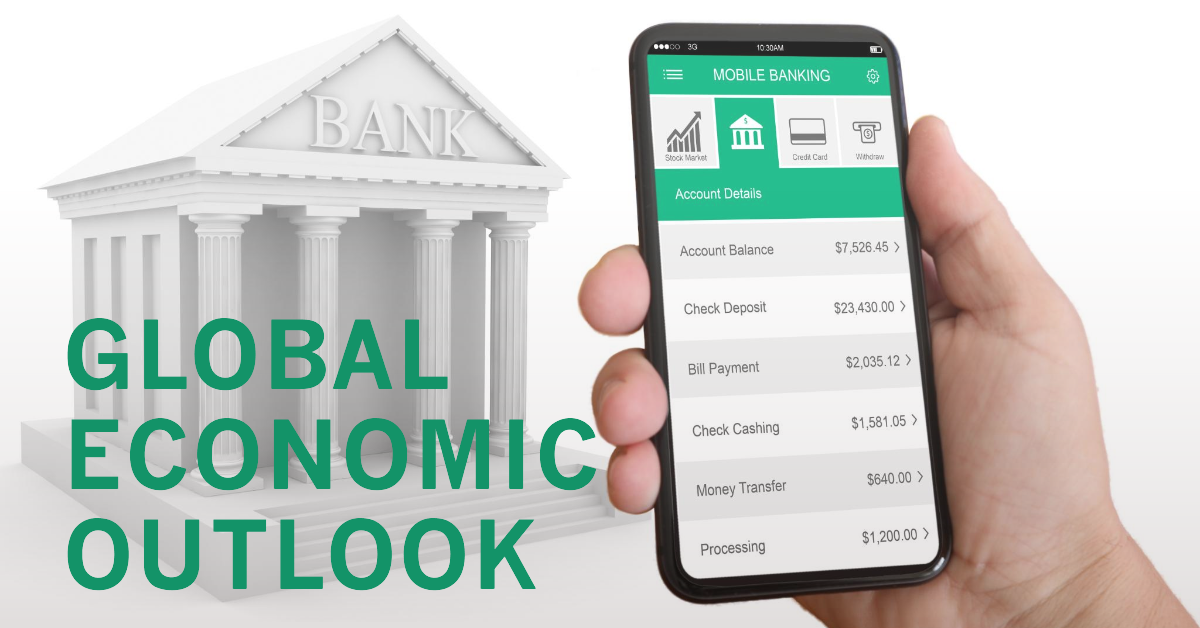Weekly Economic Outlook: Inflation Pressures and Geopolitical Tensions Reshape Global Dynamics
June 5th, 2024 Latest Blogs
As we dissect this week's financial and geopolitical developments, the economic landscape presents a complex tapestry influenced by persistent inflation, shifting monetary policies, and escalating global tensions.
In the United States, the latest inflation data signals ongoing economic strain, exacerbated by rising unemployment figures. Contrary to expectations, the Federal Reserve has paused interest rate hikes, mirroring similar decisions by European central banks. This restraint stems from concerns over potentially triggering a recession, a measure analysts speculate may be employed deliberately to curb inflation.
Shifting our focus eastward, both India and China are notably increasing their gold reserves, a strategic move towards de-dollarization. This significant uptick in gold purchases is pushing prices to new heights, consequently stirring commodity markets and inflating global prices further.
In India, the financial sector is at a pivotal juncture. The credit-deposit ratio has surged to 80%, the highest in a decade, indicating a robust demand for credit primarily fueled by personal and housing loans. This development, while beneficial for financial inclusion, demands vigilant oversight and prudent lending to prevent market overheating. Furthermore, a significant cultural shift is underway in India, traditionally known as a nation of savers, which is now transitioning towards becoming an investing economy. This shift is energizing the markets and mutual funds with increased liquidity, yet it poses challenges for the banking sector as more individuals opt for market-based investments over traditional fixed deposits.
In response to these dynamics, the Reserve Bank of India (RBI) has heightened the risk weight on unsecured loans, compelling banks and non-banking financial companies (NBFCs) to allocate more capital against these risks. Amidst these financial dynamics, the RBI's upcoming decision on interest rates is highly anticipated. Despite the governor's hints at potential rate cuts, prevailing economic indicators strongly suggest the necessity for a hike.
Furthermore, the brewing tensions between Iran and Israel pose an additional risk, threatening the stability of key maritime routes through the Red Sea. Such a conflict could disrupt global logistics and exacerbate the already precarious supply chain issues.
This week's insights underscore the intricacies of global financial markets interwoven with socio-political developments, highlighting the critical need for astute monitoring and strategic policy-making in navigating these turbulent times. Investing in markets at such volatile times requires proper decision-making skills, so do reach out to professionals before investing in markets.


